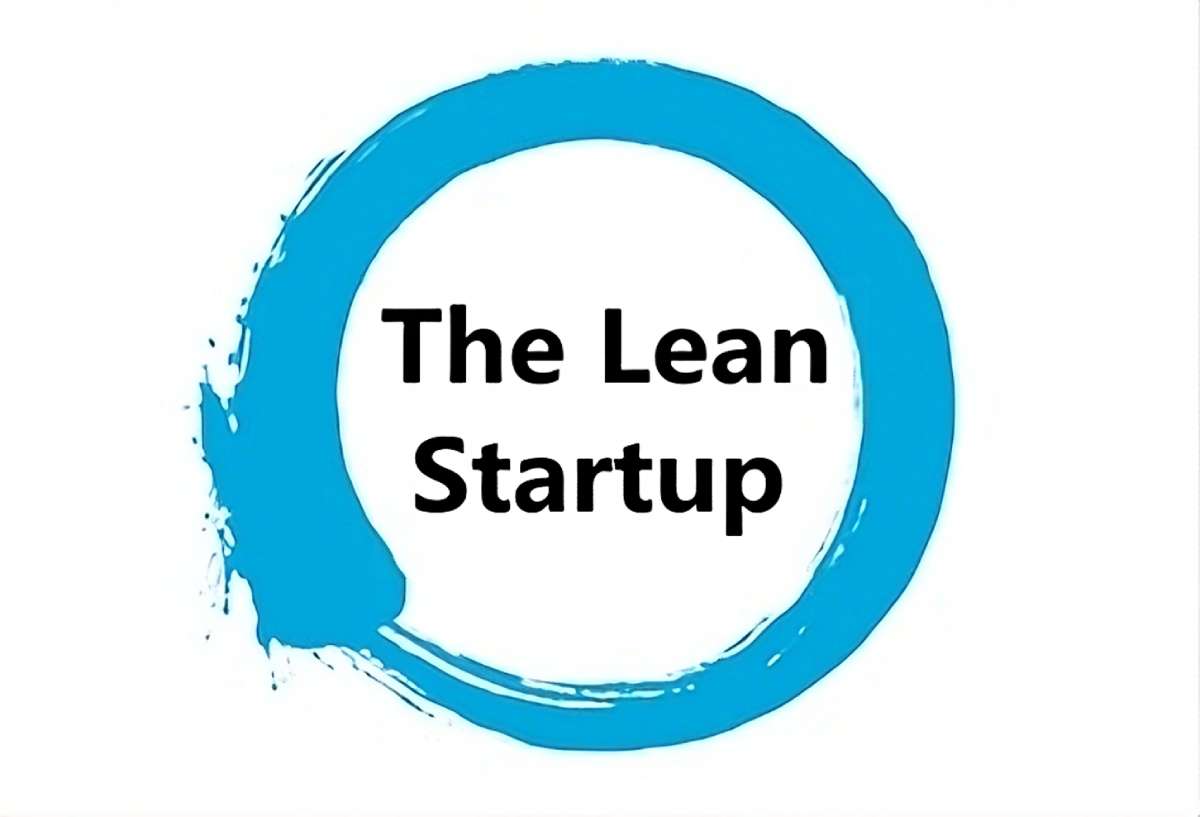How WISPs and ISPs Can Embrace Lean Start-Up Principles
- by ISPadmin
- 2024 / 03 / 28
- Start Up


Wireless Internet Service Providers (WISPs) and Internet Service Providers (ISPs) face constant challenges to innovate, adapt, and thrive. With the emergence of new technologies, changing consumer demands, and fierce competition, traditional business models may no longer suffice. In such an environment, adopting the principles outlined in Eric Ries’ influential book, “The Lean Startup,” can be a game-changer.
“The Lean Startup” offers a methodology for developing businesses and products efficiently by focusing on validated learning, rapid iteration, and a relentless pursuit of customer feedback. While originally conceived in the context of software startups, its principles are highly applicable to the telecommunications industry, where agility and innovation are paramount.
The Build-Measure-Learn Loop: Iterating Toward Success
At the core of the Lean Startup methodology is the Build-Measure-Learn loop. Traditionally, companies in the telecommunications sector might spend a great deal of time developing and perfecting a service before releasing it to the market. However, this approach often leads to wasted resources and missed opportunities. Instead, WISPs and ISPs can adopt a more iterative approach. They can quickly build a Minimum Viable Product (MVP), a version of a new product that allows a team to collect the maximum amount of validated learning about customers with the least effort, measure its performance in the market, and learn from real customer feedback. This iterative cycle allows for rapid adaptation and refinement, ensuring that resources are allocated efficiently towards solutions that address genuine market needs.
Validated Learning: Data-Driven Decision Making
In the telecommunications industry, decisions based on intuition or gut feeling alone are no longer enough. WISPs and ISPs need to leverage validated learning to make informed decisions. By conducting small-scale experiments, A/B testing, and gathering data on customer behavior, they can validate hypotheses and adjust their strategies accordingly. This data-driven approach reduces the risk of investing resources into unproven ideas and increases the likelihood of success. For example, instead of rolling out a new service across an entire network, a WISP might pilot it in a small, representative area to gauge customer interest and satisfaction before committing to a full-scale launch.
Pivot or Persevere: Adapting to Market Realities
Continuous Innovation: Nurturing a Culture of Creativity
Innovation is not a one-time event but an ongoing process. WISPs and ISPs should foster a culture of continuous innovation within their organizations. Embracing emerging technologies such as 5G, IoT, and AI can open up new opportunities for differentiation and value creation. For example, a WISP might invest in research and development to explore how AI-powered network optimization algorithms can improve service quality and reliability for customers.
Customer-Centricity: Putting Customers First
Ultimately, success in the telecommunications industry hinges on understanding and meeting the needs of customers. WISPs and ISPs must prioritize customer feedback and satisfaction at every stage of the product development and service delivery process. By building strong relationships with customers, soliciting feedback through surveys and focus groups, and delivering personalized experiences, they can cultivate loyalty and drive long-term growth. For example, an ISP might offer customizable service packages tailored to the specific needs and preferences of individual customers, such as faster internet speeds for gamers or enhanced cybersecurity features for small businesses.
In conclusion, WISPs and ISPs can greatly benefit from embracing the principles of “The Lean Startup” in their quest to thrive in the digital age. By adopting a mindset of agility, experimentation, and customer-centricity, they can navigate uncertainty, drive innovation, and build sustainable businesses that stand the test of time. As the telecommunications landscape continues to evolve, those who embrace the Lean Startup methodology will be best positioned to seize opportunities and stay ahead of the competition. By embracing the Lean Startup principles, WISPs and ISPs can not only survive but thrive in an ever-changing industry, delivering value to customers while achieving sustainable growth and success.
Contact us here to learn more about how ISP Revolution can help you deploy with confidence – the first time
RECENT BLOG
MORE INFO
ISP Resolution © 2024 All Rights Reserved
